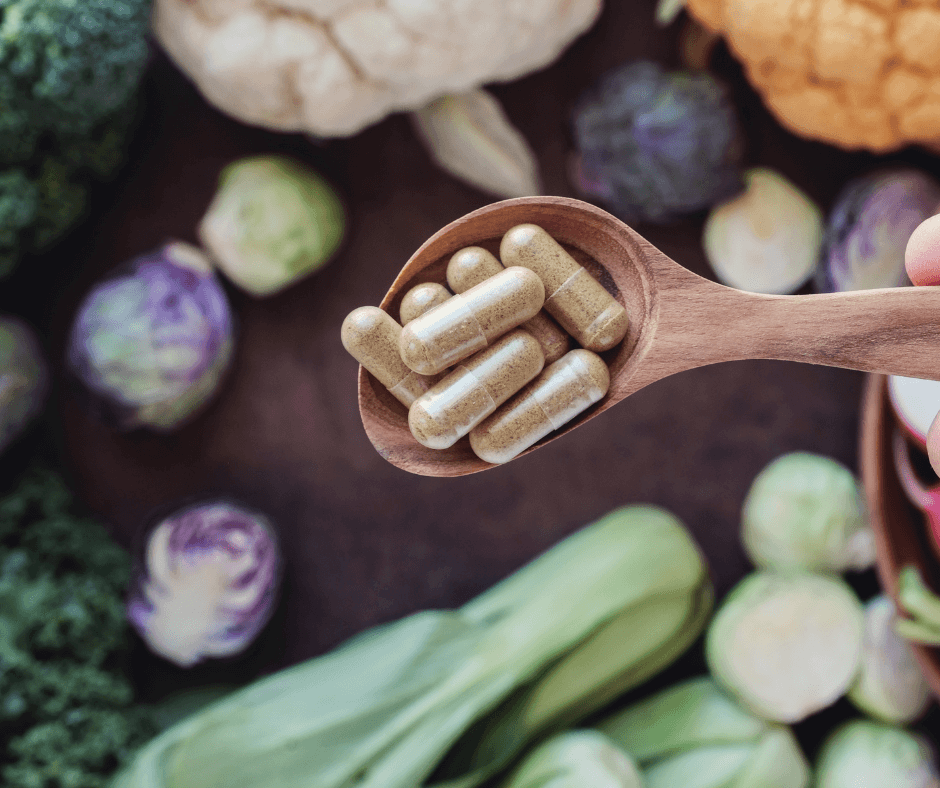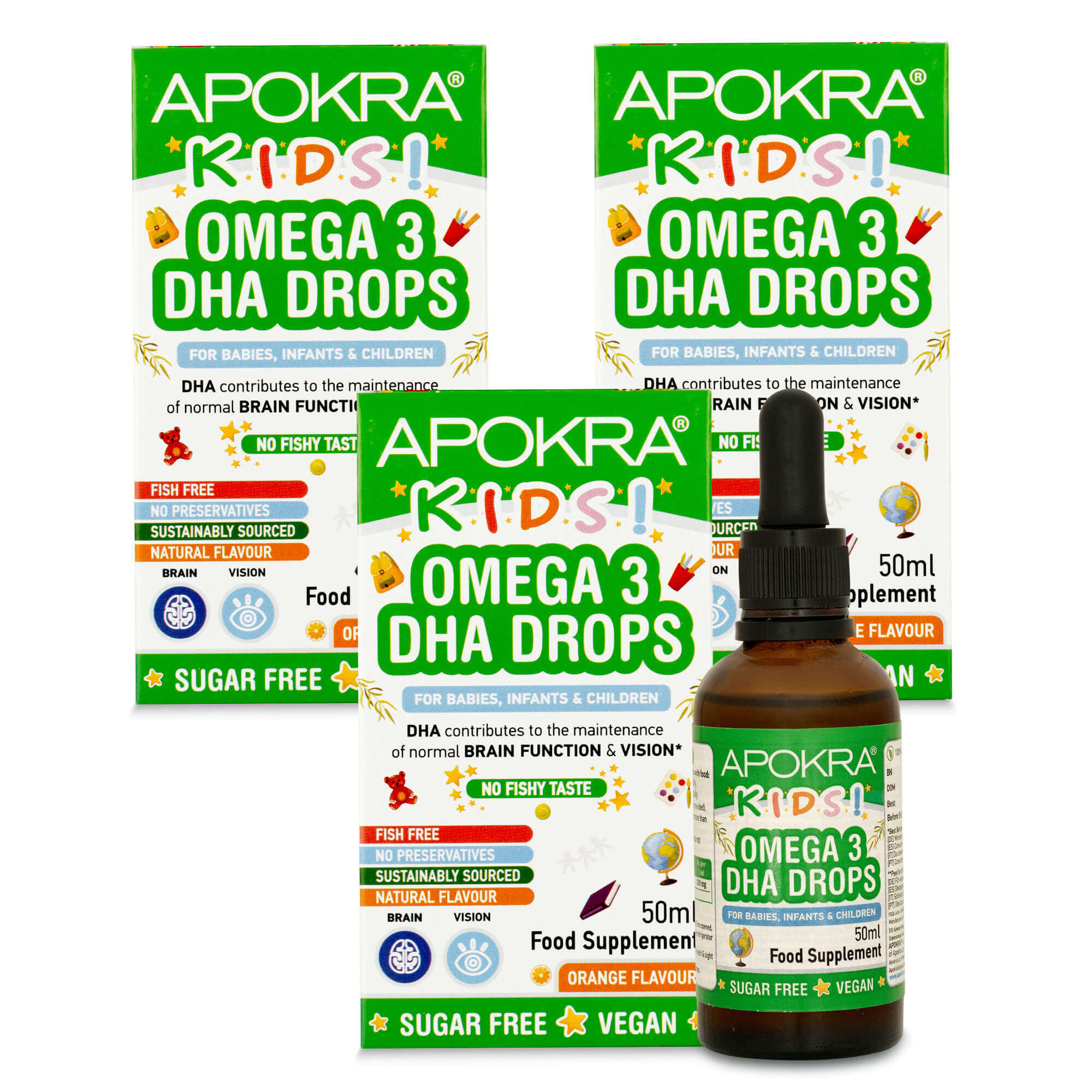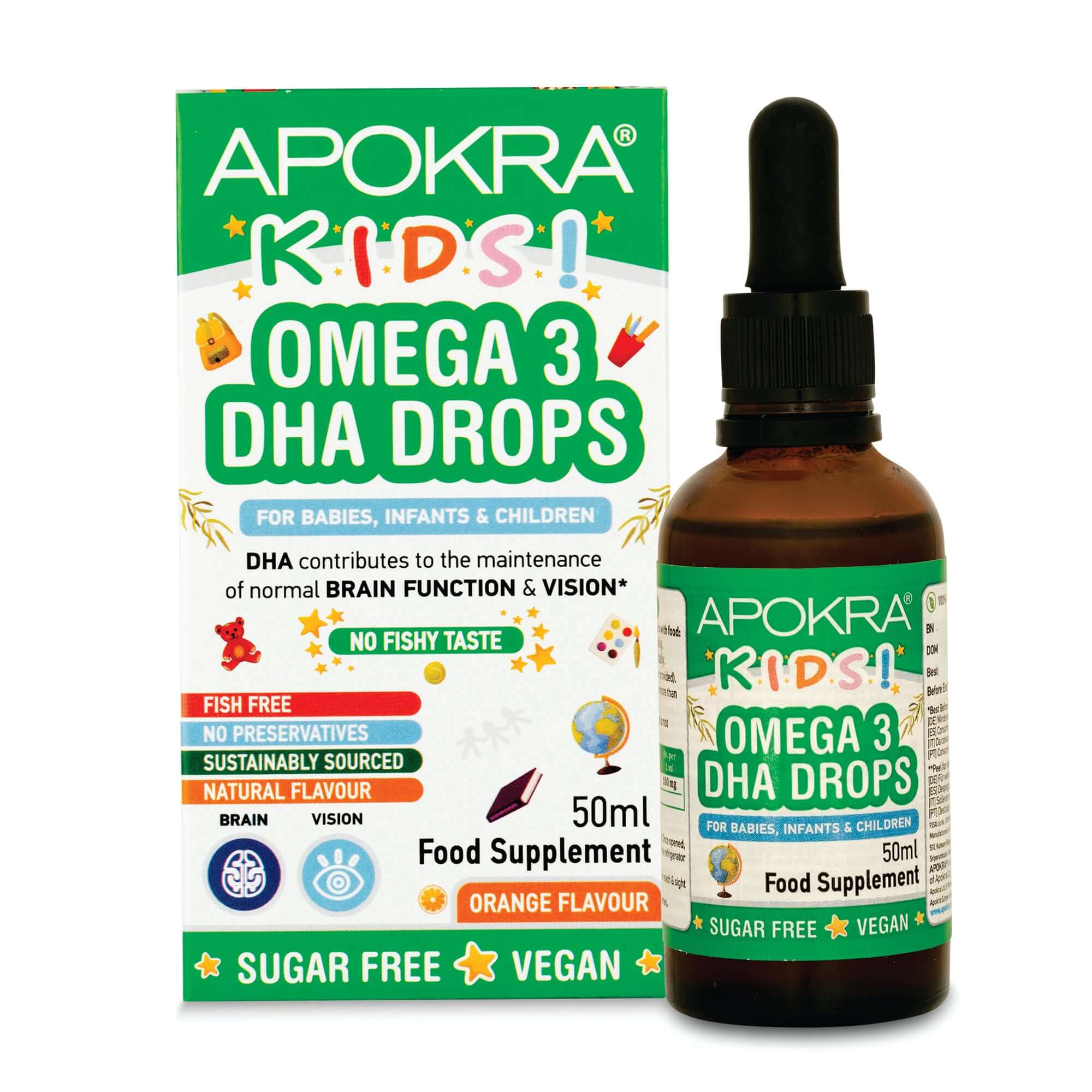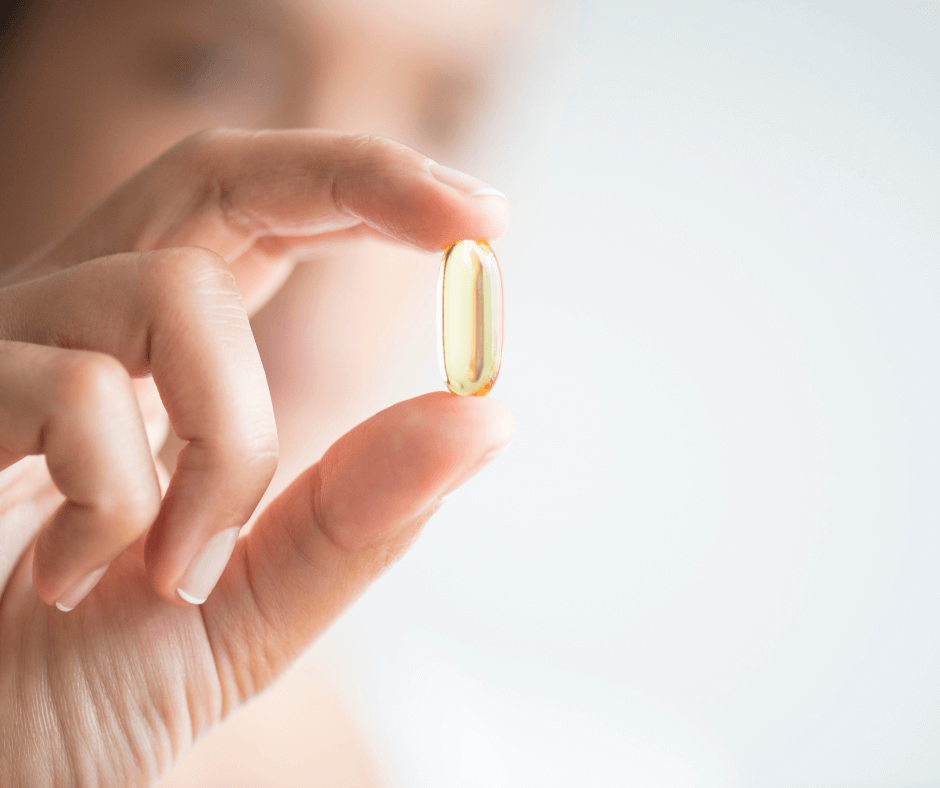What Supplements Should Vegans Take?

A vegan diet is plant based and is made up of foods like nuts, vegetables, grains and fruit. Vegans don’t eat any foods that come from animals.
Do Vegans need supplements?
It is recommended that vegans supplement their diet with nutritional vegan supplements. The vegan diet covers most of the essential nutrients needed, however it can be particularly difficult to get a few specific types of nutrients. The main nutrients that it is difficult to obtain through a vegan diet include omega 3, vitamin B12, calcium, iodine, vitamin D, zinc and iron.
Supplementation can come from both vegan supplements and fortified foods.
Best vegan supplements
Vegan Omega 3
Omega 3 is important for brain, eye and heart health. It is difficult to obtain a beneficial source of omega 3 through a vegan diet. Omega 3 can be obtained from plant-based sources like flaxseed oil, walnuts and chia seeds. However, most plant-based sources of omega 3 only contain the omega 3 fatty acid named alpha-linolenic acid (ALA). ALA must be broken down by the body into the active forms of omega 3 named docosahexaenoic acid (DHA) and eicosapentaenoic acid (EPA). This process is in-efficient which means much more needs to be consumed to obtain adequate levels of DHA and EPA.
Research shows that vegan and vegetarians commonly have up to 50% lower concentrations of EPA and DHA in their body compared to those that eat fish. This is due to the inefficient conversion of ALA into DHA and EPA.
There is one plant source that is the exception to the rule and that is marine algae, also known as algal oil. Algal oil is a potent source of EPA and DHA and is considered comparable in nutritional value to fish. Apokra Vegan Omega 3 DHA liquid is a vegan supplement that is algal oil based and provides both Omega DHA and EPA. The recommended daily dose of omega 3 DHA is 250mg daily.
Vitamin B12
Vitamin B12 is an essential supplement for vegans. Vitamin B12 is responsible for healthy blood and a normal functioning nervous system. Vitamin B12 is found in some natural foods like spirulina and certain types of mushrooms that have been grown in conditions where B12 is available in the soil. Vitamin B12 can mainly be found in fortified foods like breakfast cereals and soya drinks fortified with vitamin B12. It is almost impossible to obtain enough vitamin B12 through a vegan diet alone and scientific studies have shown vegans have a higher risk of vitamin B12 deficiency. Vitamin B12 deficiency can lead to infertility, problems with the nervous system and anaemia. This means that it is a necessity for vegans to consume fortified foods and/or supplements for vegans that contain vitamin B12.
Calcium
Calcium is important for maintaining healthy bones and teeth. Studies suggest that vegans generally struggle to get enough of the mineral calcium in their diet. In a non-vegan diet, a lot of calcium comes from diary-based products like milk and cheese. In a vegan diet some of the diary free plant-based milks like oat or soya tend not to provide calcium. If choosing a plant-based milk it is of benefit to choose one fortified with calcium. Some plant-based sources that naturally contain calcium are broccoli, bok choy and chickpeas. It is recommended that vegans aim to obtain at least 525mg of calcium daily. This can also be achieved and supported through taking a vegan supplement with a good calcium level.
Vitamin D
Vitamin D is a fat-soluble vitamin and vitamin D3 is the form of vitamin D that is best absorbed. Vitamin D is used by the body to regulate calcium and phosphate levels in the body. It is also important for the normal function of the immune system and has shown benefit in helping mood. Vitamin D can be made by the body utilising sunlight. In the winter months and in low day light hour countries, it can be difficult to obtain adequate levels of vitamin D by utilising sunlight. When it comes to vegan supplements, it is essential to choose the correct source of vitamin D. Most vitamin D supplement are made from vitamin D extracted from sheep’s wool, which is not a suitable source for a vegan. Vitamin D vegan supplements should be sourced from a plant-based source like lichen. All adults including vegans can supplement all year round with a vitamin D supplement that contains 10mcg of vitamin D. In the winter/low light level months it is more important to supplement with a vitamin D supplement containing at least 10mcg of vitamin D.
Iodine
Iodine is required for thyroid function, the thyroid controls metabolism in the body. Iodine deficiency can lead to hypothyroidism. Plant based options containing iodine are limited, the two sources that are considered most high in iodine are iodized salt and seaweed. Vegan supplements containing iodine are recommended if sufficient levels aren’t achieved through diet alone.
Iron
Iron is needed to produce red bloods cells. If sufficient levels of iron are not obtained, then it can lead to anaemia. Symptoms of anaemia include tiredness and fatigue. The iron obtained from animal meat is called heme iron whereas plant-based iron is called non-heme iron. Non-heme iron is more difficult for the body to absorb when compared to heme iron. Therefore, it is recommended that vegans increase their intake of plants high in iron like cruciferous vegetables. A vegan supplement containing iron is a good way to ensure adequate levels are obtained and help prevent anaemia from occurring. Fortified foods containing iron are also a good option for supporting a vegan diet.
Zinc
Zinc is critical for immune support. Studies show that vegans have slightly lower levels of zinc in the blood when compared to omnivores. Vegan supplements containing zinc are required if enough cannot be obtained through the diet. Zinc rich plant-based foods include whole grains, nuts and seeds.
Overall, it is recommended that vegans supplement their diet with a vegan supplement specifically formulated for their dietary needs. Vegan supplements can help bolster a vegan diet ensuring the consistent supply of vitamins and minerals, that are generally harder to obtain in a vegan diet.






Comments
Leave a comment
Your Email Address Will Not Be Published. Required Fields Are Marked *